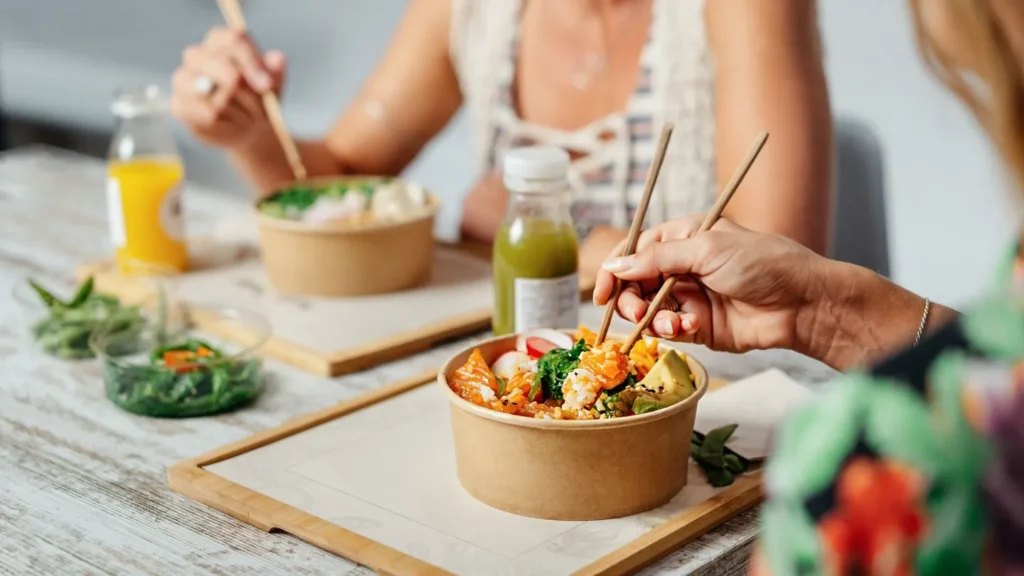Read time : 2 minutes

Every October, the world turns pink to raise awareness about breast cancer, a disease that touches millions of lives globally. While genetics and medical treatment play critical roles, science is clear on one thing: what we eat can influence both the risk and the recovery journey of breast cancer.
This doesn’t mean there’s a “magic food” that prevents breast cancer. Nutrition works through long-term habits, shaping hormones, reducing inflammation, and helping the body repair itself. Let’s explore how nutrition connects with breast cancer in ways that are practical and human.
The Power of Plant and Breast Cancer Risk
Research consistently shows that diets rich in vegetables, fruits, whole grains, legumes, nuts, and seeds support lower breast cancer risk. These foods are packed with antioxidants, fiber, and phytochemicals that protect cells from damage.
For example, cruciferous vegetables like broccoli, cabbage, and kale contain sulforaphane, a compound studied for its potential anti-cancer properties. Brightly colored fruits such as berries and oranges bring antioxidants that help neutralize harmful free radicals.
Weight, Hormones, and Balance
After menopause, excess body fat increases estrogen levels, which can raise breast cancer risk. Nutrition plays a direct role here, a balanced diet can support healthy weight, stabilize blood sugar, and keep hormones in check.
Think of food not as strict “rules,” but as a partner in maintaining balance. Choosing more whole foods and cutting back on ultra-processed ones can make a difference over time.
The Role of Hydration and Moderation

Even something as simple as water matters. Staying hydrated supports cell function and helps regulate appetite. Meanwhile, moderation is key when it comes to alcohol. Studies show that even small amounts of alcohol increase breast cancer risk, the less, the better.
Nutrition During Treatment
For women undergoing surgery, chemotherapy, or radiation, nutrition helps the body cope. Lean proteins support healing, while soft, easy-to-digest foods can ease side effects like nausea or loss of appetite. Gentle dietary choices make treatment less overwhelming and recovery more manageable.
What You Should Know
Nutrition doesn’t replace medical treatment, but it strengthens the body’s ability to prevent, fight, and recover from breast cancer. A diet rich in plants, mindful of weight balance, and supportive during treatment is a powerful ally in the journey.
Breast cancer awareness is about more than pink ribbons, it’s about everyday choices that build resilience and hope. Food is one of the tools we can use to write a healthier story for ourselves and our communities.
Meet Your Ai Personal Trainer
👉Personalized workouts. Progress tracking. Real results.
MyHealthCop AI is your pocket trainer — always ready, always smart.
Download the App to Take your free Ai health assessment Today [Take Assessment]
RD, LD Julius Sammah
MyHealthCop Certified Dietician